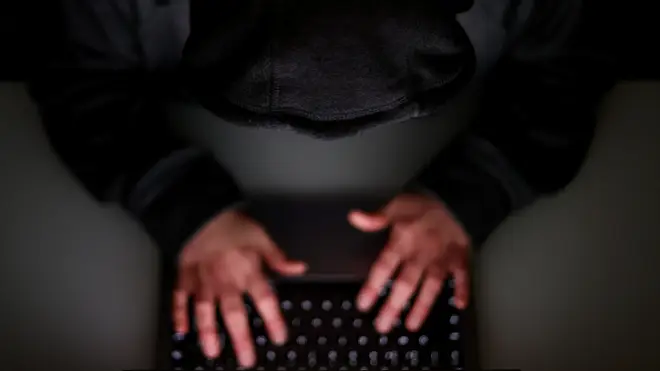
Clive Bull 1am - 4am
1 September 2020, 16:14

One law firm said it has dealt with a 90% increase in defamation cases since since 2018, featuring all of the main social media platforms.
Disputes on social media have been blamed for sparking a rise in defamation cases brought before the courts.
The number of defamation lawsuits handled by the Queen’s Bench Division of the High Court has almost trebled from 112 in 2016 to 323 last year, Ministry of Justice data shows.
According to one law firm, the increase is down to incidents taking place on social networks, with many people not realising the potential consequences of what they post.
JMW Solicitors said it has dealt with 90% more since 2018, featuring all of the main social media platforms.
Some of these were from businesses targeted by “demonstrably unfair” reviews and other online publications, as well as individuals who had been subject to smear and harassment campaigns on social media.
Laura Wilkinson, an associate solicitor for the firm, said in previous generations the majority of defamation disputes would have involved mainstream media, but now anyone on social media is “effectively a publisher”.
“In my opinion, there can be little doubt that social media users are fuelling the increase in defamation claims,” she said.
“Everyone with a social media account is now effectively a publisher, albeit without the kind of legal checks and controls which are integral to more traditional print and broadcast outlets.
“That means there is no filter to prevent defamatory comment making its way before a global audience in seconds, with all of the complications and problems that can create.”
Figures show that almost a third (96) of defamation claims last year were worth more than £50,000.
The number of cases involving damages demands between £15,000 and £50,000 has doubled since 2016, while the proportion in which the compensation sought was unspecified increased from 10 to 145 during the same period.